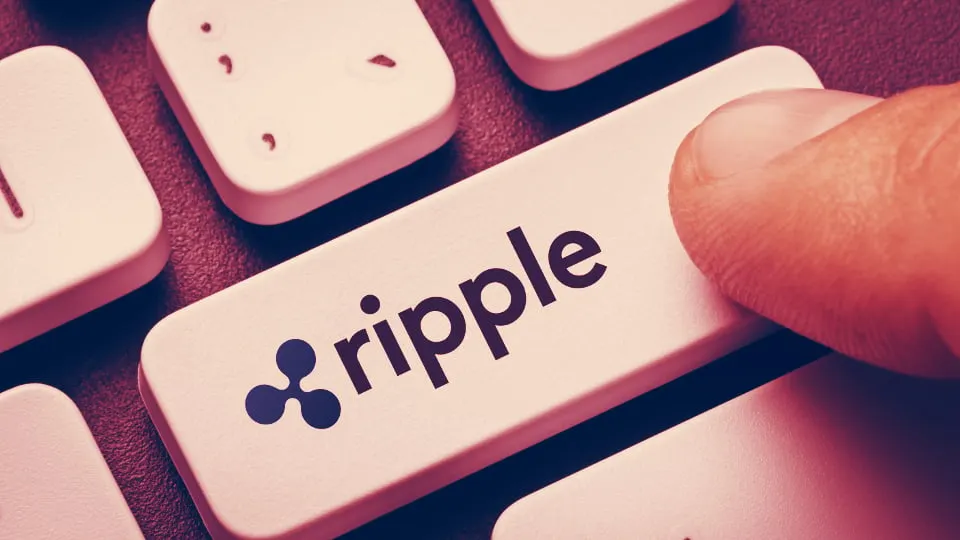In brief
- Ripple executives say a concrete legislative framework for crypto in India is required to encourage institutional investment.
- Crypto in India has faced uncertainty as lawmakers and regulators have issued conflicting rulings on its status.
- The executives don't believe that a retail CBDC is likely in India, but a wholesale CBDC is feasible.
India’s “grey zone” of digital asset regulation is preventing banks and institutional investors from entering the crypto space, stifling the industry. That's the verdict of two senior Ripple leaders based in the country.
Speaking with Decrypt media partner Forkast, Ripple’s Navin Gupta, managing director of South Asia and EMEA, and Sagar Sarbhai, the company’s head of government and regulatory affairs for Asia Pacific, outlined what they see as a path forward for crypto in India in light of rumors that the government might push for an outright crypto ban once Parliament reconvenes. Ripple recently released a whitepaper proposing a framework for India to regulate digital assets.
"Instead of saying 'blockchain good, crypto bad,' [regulators should] look at this picture more holistically and understand the positive use cases of digital assets and cryptocurrencies," said Sarbhai. "[Regulators should use] that to encourage more financial inclusion and lower barriers to commerce, push more digital payments, which has been a consistent theme in India, in Prime Minister Modi's regime."
Gupta adds that this lack of clarity is a massive deterrent for the capital markets, which believe that there is money to be made investing in blockchain startups in the world’s fifth-largest economy, but are hesitant to take the first step.
“We need to give clear signals to foreign investors. So if there are investors who are coming into India expecting that there is no law against trading cryptocurrencies or digital assets, then we owe it to these investors to give them a clear guideline of whether you can do this or not,” said Gupta. “It's very important for India to come out of this fog and essentially say, "Hey, you know what? This is a lead regulator. This is how the consultation process would work, and this is when and how we are going to make a decision.”
Will India build a CBDC?
One of the hottest topics in the crypto industry is the idea of a Central Bank Digital Currency, or CBDC, as nations around the world are exploring creating them to improve liquidity and potentially provide a credible alternative to the US dollar.
However, Ripple’s Sarbhai isn’t sure that India will follow suit — at least for a retail-focused CBDC.
“For a country like India, a retail CBDC may not be that feasible because there are many other policy angles related to that," Sarbhai said. On the other hand, a wholesale CBDC, where the central bank issues tokens to the regulated banks, "could be a possible use case."
"For a country like India, a retail CBDC may not be that feasible."
He added that India's Prime Minister Narendra Modi has been a big advocate for a push towards digital payments. In the post-coronavirus world, Sarhbhai said, "A combination of CBDC and digital assets would potentially boost that push towards digital payments, where digital assets will be the bridge between fiat currencies and potentially replacing them.”
India's parliament debates crypto regulation
India’s parliament is scheduled to go back in session later in July, and a date for a debate on crypto regulation will be scheduled shortly after.
Ripple’s Sarbhai has three calls to action for lawmakers once parliament reconvenes: consult stakeholders, take cues from regulators around the world, and look at everything more holistically to understand the positive use cases of digital assets and crypto.
“We can create a balance between innovation and risk to encourage more entrepreneurs and innovation in India,” he said.
This story was produced in collaboration with our friends at Forkast, a content platform focused on emerging technology at the intersection of business, economy, and politics, from Asia to the world.

